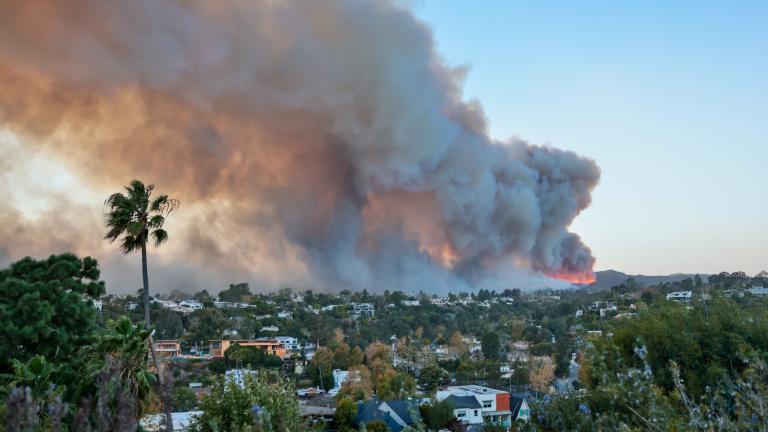
Don’t believe the scaremongers.The League of Moveable Type
Could Americans soon be forced to suffer through rolling blackouts and power shortages because of a heartless, hapless, tyrannical EPA, as conservatives and dirty utilities are suggesting?
The short answer is, no. The long answer is, no. But the long one requires a bit of explanation.
A Federal Energy Regulatory Commission (FERC) conference on electrical-system reliability, along with the release of a couple new reports, has revived a simmering dispute over the effects of upcoming EPA regulations.
(Did you nod off just now? Nothing to be ashamed of, it’s a perfectly human reaction to hearing the term “FERC conference.” Splash a little water on your face.)
According to utility execs, grid operators, and politicians from coal-heavy areas, those regulations will force the shutdown of so many dirty old coal plants that we’ll have trouble keeping the lights on. Brownouts! Blackouts! Oh noes!
Polluters are pointing to a new report from the North American Electric Reliability Corporation (NERC) — its “2011 Long-Term Reliability Assessment” [PDF] — as evidence that their reliability concerns are warranted. In particular, they are highlighting the sentence wherein NERC says new EPA rules “may significantly affect bulk power system reliability depending on the scope and timing of the rule implementation and the mechanisms in place to preserve reliability.”
Naturally the more enthusiastic conservatives are ignoring the “may” and the “depending on,” but those qualifiers are crucial.
First off, the EPA has written NERC a letter [PDF] pointing out that it is using implausibly strict assumptions about rules that have not actually been written yet. For instance, the vast bulk of the coal-plant shutdowns anticipated in NERC’s assessment are a result of an EPA rule under the Clean Water Act that regulates plants’ intake of cooling water (which can harm fish populations). NERC assumes that all facilities will have to comply with the rule immediately and that they will all opt for closed-cycle cooling systems, which are quite expensive. But as EPA points out, facilities have eight years to comply with the first part of the rule and even longer to comply with the second. Also, EPA has explicitly rejected the option of forcing all facilities to install closed-cycle cooling. So NERC is dramatically overestimating the potential impact.
Second, as several reports have made clear, there are tons of planning and operational tools available to utilities and EPA to help ease the transition and insure that the lights stay on. If a whole bunch of coal plants are shut down all at once, during peak demand season, yes, there could be a problem. But they won’t be! See a newly updated analysis [PDF] from M.J. Bradley & Associates if you’re curious about the details. Or see my post about their 2010 analysis. Or read about a similar report from Charles River Associates. Or a similar one from the Bipartisan Policy Center. And so on. All those analyses agree that phasing out the nation’s dirtiest coal plants can be accomplished without threatening reliability.
Even most of the utilities know it. As the MJB&A report notes, “about half of the nation’s coal-fired generating capacity and 11 out of the top 15 largest coal fleet owners in the U.S.” have corporate statements on record saying that they are well-positioned to meet EPA requirements. Here’s a compilation of statements (PDF) from utility execs expressing confidence.
It’s helpful to have some historical perspective. Dirty utilities have forecast economic doom and blackouts every time the EPA has ever issued an air or water regulation. Every time! And every single time, they’ve been wrong. As EPA chief Lisa Jackson is fond of pointing out, in its 40-year history, the Clean Air Act has never yet caused an electric reliability problem. I suppose it’s possible that dirty utilities are right this time and independent analysts are wrong, but as a guiding heuristic, “dirty utilities are full of self-serving sh*t” has proven pretty reliable.
The fact is, defenders of clean air have analysis and history on their side. So never mind the fear mongering mainstream media headlines. We can stop poisoning people with ancient, filthy coal plants without shivering in the dark.




